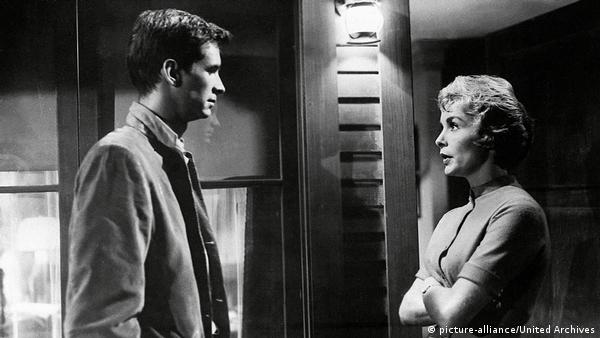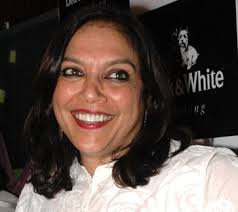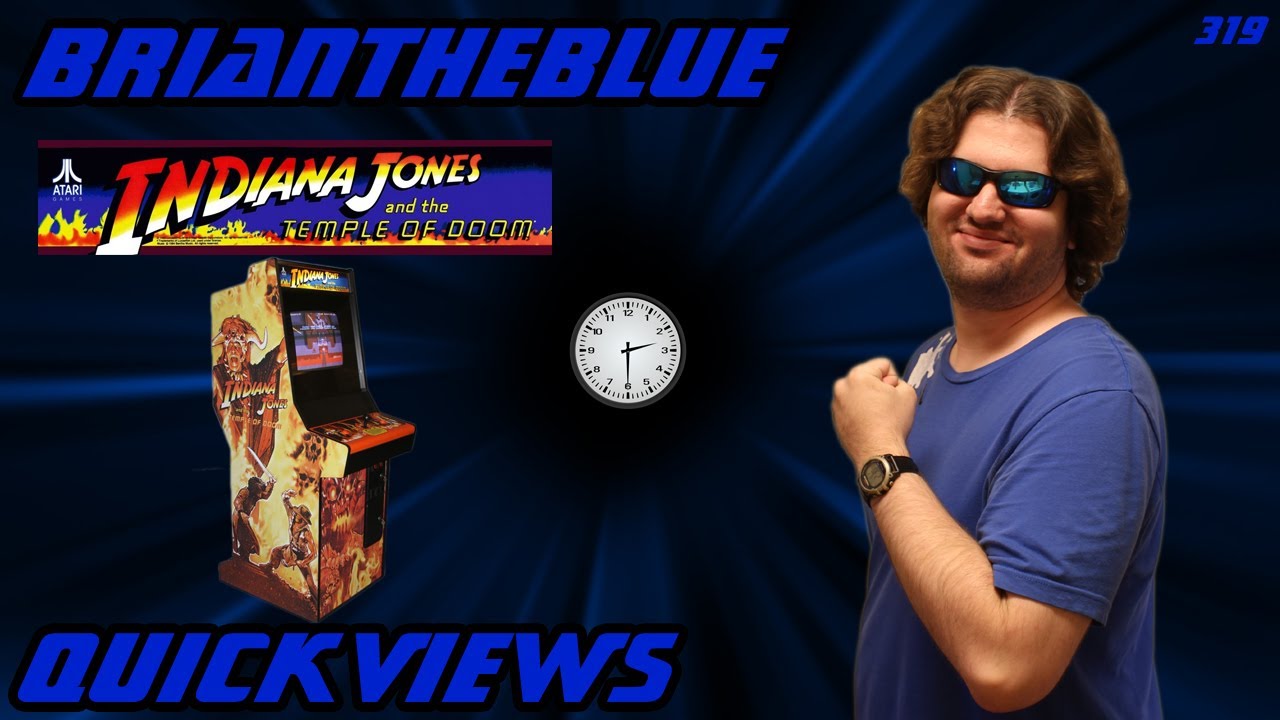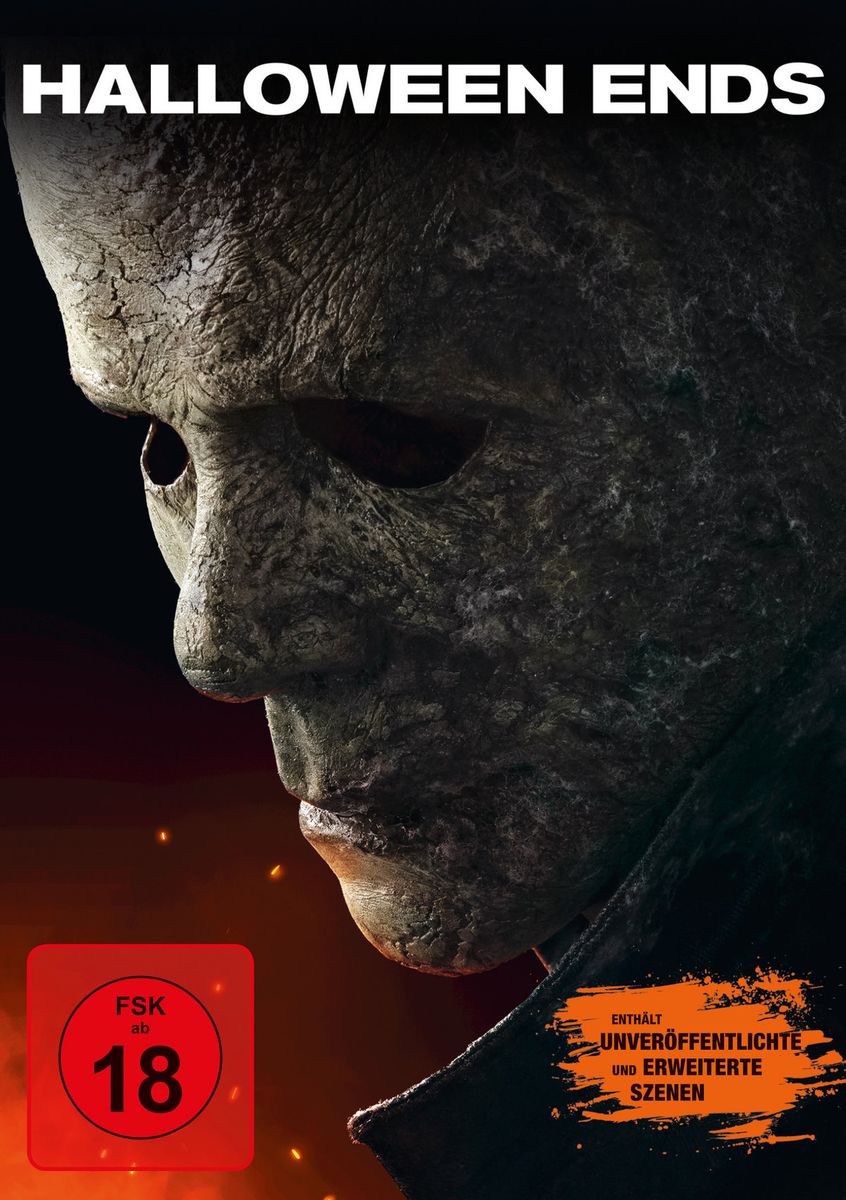
Introduction to Psycho
Alfred Hitchcock’s Psycho, released in 1960, is widely regarded as one of the most influential films in the horror genre. The film is notable for its innovative narrative structure and shocking plot twists, which have had a lasting impact on cinema and popular culture. As the world continues to celebrate Hitchcock’s legacy, Psycho stands as a critical reference point in discussions about filmmaking techniques, storytelling, and psychological horror.
The Plot and Cultural Impact
Set against the backdrop of a secluded motel, Psycho tells the story of Marion Crane, who encounters Norman Bates, a disturbed motel owner with a complex relationship with his mother. The film deftly explores themes of identity, morality, and the duality of human nature, culminating in the iconic shower scene that redefined the conventions of horror. Psychologically intense and visually stunning, the film shocked audiences and led to a wave of imitators in the genre.
The film’s impact extends beyond its immediate horror elements; it also pioneered the use of music and sound in film, with Bernard Herrmann’s haunting score becoming an integral part of the movie’s identity. The chilling strings in the shower scene remain one of the most recognisable motifs in film history. Furthermore, Psycho introduced the concept of the anti-hero, allowing viewers to empathise with characters that traditionally would be portrayed as villains.
Enduring Legacy and Adaptations
Since its release, Psycho has not only been a subject of academic analysis but has also inspired an array of adaptations and parodies across various media. The film spawned several sequels and a 1998 remake, although none achieved the original’s critical acclaim or cultural significance. Moreover, its themes and stylistic approaches can be seen echoed throughout the horror genre, influencing notable filmmakers like Wes Craven, John Carpenter, and even contemporary directors like Jordan Peele.
Conclusion
Alfred Hitchcock’s Psycho remains a remarkable achievement in cinematic history, revered for its revolutionary approach to storytelling and suspense. Over six decades since its release, the film continues to evoke discussions around psychological storytelling in cinema, challenging filmmakers and audiences alike to reflect on the nature of fear and human psychology. As audiences consume media in an ever-evolving landscape, the foundational techniques introduced in Hitchcock’s acclaimed work will undoubtedly endure, solidifying Psycho as an eternal pillar of the horror genre.
You may also like

Exploring the Life and Works of Mira Nair

The Enduring Legacy of Indiana Jones in Film and Culture

Halloween Ends: A Gripping Finale to the Horror Saga
SEARCH
LAST NEWS
- Remembering Wendy Richard: The Promise to Co-Star Natalie Cassidy
- How Did Anglian Water Achieve an ‘Essentials’ Rating for Mental Health Accessibility?
- Shai Hope Leads West Indies in T20 World Cup Clash Against South Africa
- What We Know About Weston McKennie: Future at Juventus and Past at Leeds
- What We Know About the Upcoming Live Nation Antitrust Trial